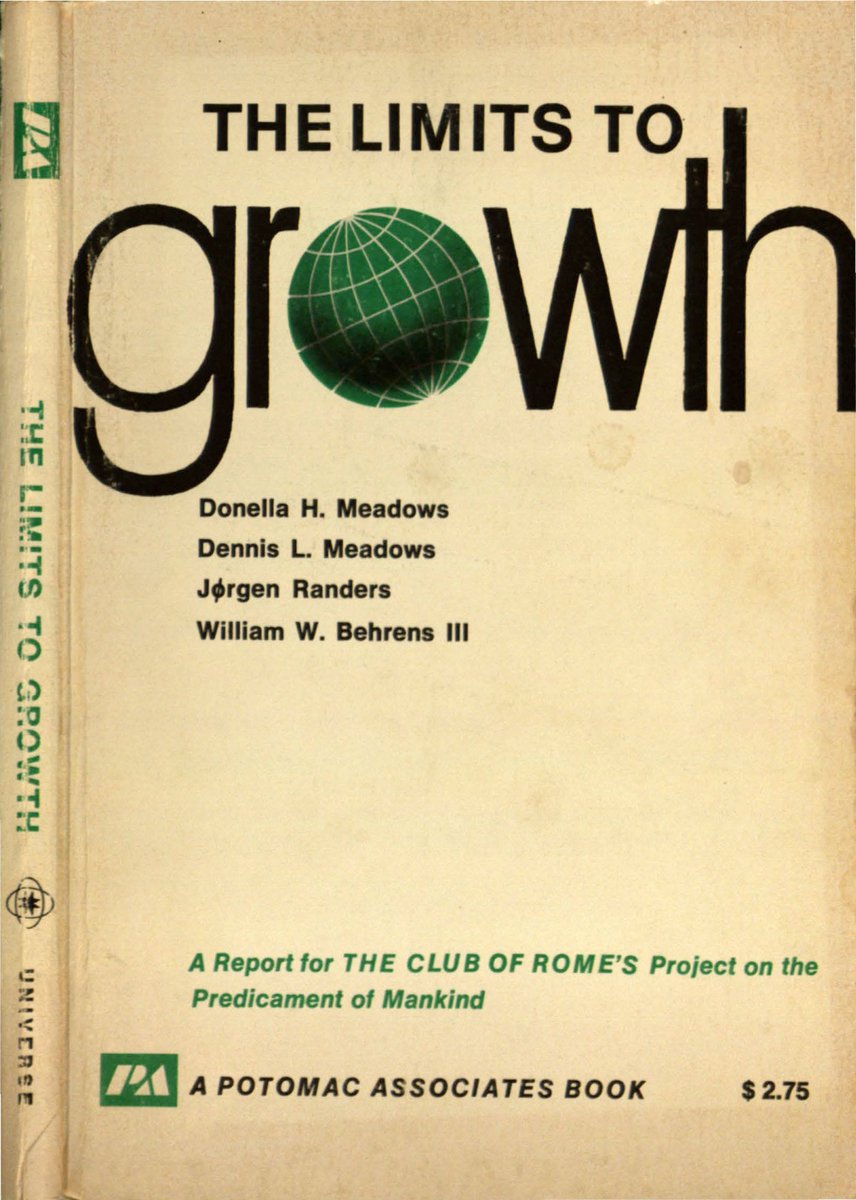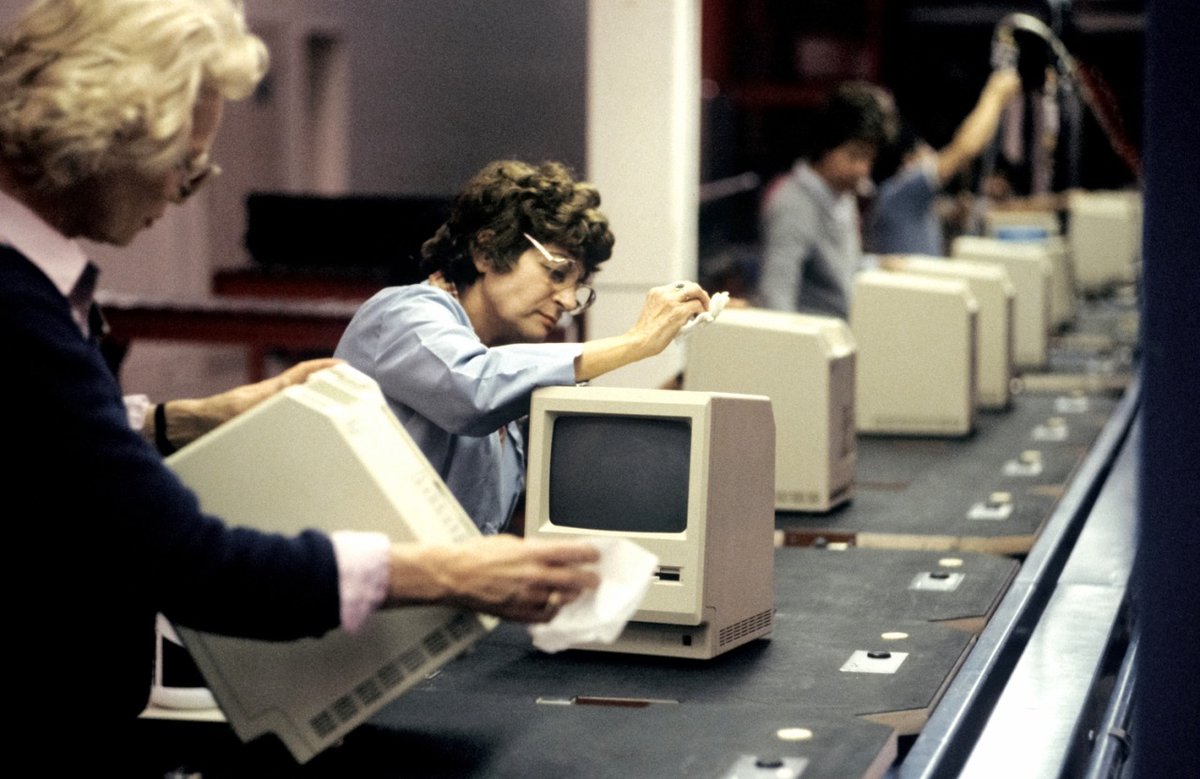en.wikipedia.org/wiki/The_Limit…
1/

2/
3/
en.wikipedia.org/wiki/Foxconn_s…
4/

consumerist.com/tag/shrink-ray…
5/
npr.org/transcripts/86…
6/
7/
frbsf.org/economic-resea…
8/
9/
10/
11/
simonandschuster.com/books/More-fro…
12/
13/
Environmental Politics.
tandfonline.com/doi/abs/10.108…
14/
16/
17/
sfgate.com/technology/art…
18/
forbes.com/2008/04/21/eur…
19/
It's easy to imagine a city that uses internal combustion for mass transit but not private cars - and massively increases landspeed relative to horses.
20/
21/
22/
boingboing.net/2016/01/12/kee…
23/
locusmag.com/2017/03/cory-d…
eof/





